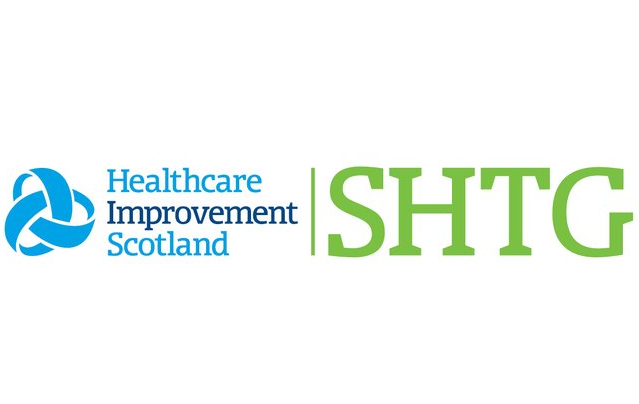Difficult to treat bacterial infections occur when it has not been possible to eradicate a person’s infection through treatment with antibiotics.
Plain language summary

This plain language summary has been produced based on SHTG Recommendations on bacteriophage therapy for patients with difficult to treat bacterial infections, February 2023
Bacteriophages are naturally occurring viruses that selectively target bacteria. They are the most common biological entities in nature. Bacteriophage therapy is the delivery of bacteriophages into the human body. Bacteriophage therapy has been carried out since the early 20th century, primarily in former Soviet Union countries, as an alternative to, or in combination with, treatment with antibiotics. Bacteriophage therapy works by administering bacteriophages to the infection site, allowing them to bind to bacterial cells and inject their genes into the cell. The bacteriophage then takes control of the biological machinery of the cell to produce copies of itself inside the bacteria. These copies subsequently burst out of the bacterial cell, releasing the newly created bacteriophages. Bacteriophages can only grow and multiply inside bacterial cells, therefore once all bacterial cells are destroyed, they are unable to multiply and are destroyed by the person’s immune system.
Antibiotic resistance is increasing worldwide. At present, it is estimated that multi-drug resistant bacterial infections alone cause 700,000 deaths globally each year. If current practices continue, this figure is expected to rise to 10 million deaths per year by 2050. Bacteriophage therapy represents an option to address this problem.
We looked for published evidence to consider if bacteriophage therapy is clinically effective, cost effective and safe for the treatment of people with difficult to treat bacterial infections. We also looked for evidence on patient experience and views, and carried out our own economic evaluation.
We found variation in the clinical effectiveness of bacteriophage therapy depending on the type of study conducted. A smaller proportion of patients were found to experience clinical improvement or bacterial eradication in randomised-controlled studies, compared with observational studies alone or when data from all study types were combined.
The evidence we gathered showed that bacteriophage therapy is likely to be as safe as antibiotic therapy.
We found a single study on patient preferences for bacteriophage therapy versus antibiotic therapy for diabetic foot ulcer infections. The study found that a person’s level of concern about receiving antibiotic compared with bacteriophage therapy was not significantly different, with the majority of people stating that they would accept bacteriophage therapy if it was recommended by their doctor.
A patient organisation submission was received from Antibiotic Research UK, which highlighted a number of key considerations and supported the use of bacteriophage therapy. The full submission is available here.
No published cost effectiveness evidence was identified during the literature search, but an economic evaluation was conducted by SHTG. The base case results from this evaluation indicated that bacteriophage therapy plus standard care may be less costly and more effective than standard care alone.
The Council took into account the range of information and evidence that was gathered as part of the SHTG health technology assessment process. Evidence included published literature, the SHTG economic evaluation, and the patient organisation submission from Antibiotic Research UK.
Bacteriophage therapy may, at the discretion of the doctor responsible and following shared decision making discussions with the patient, be appropriate to use in the small and diverse group of people who have difficult to treat bacterial infections. Bacteriophage therapy is not currently licensed by the Medicines and Healthcare Products Regulatory Agency and must comply with their guidance on the supply of unlicensed medicinal products available here.
Further data collection to monitor the clinical effectiveness and safety of bacteriophage therapy for specific clinical indications should be arranged to further inform the ongoing use of bacteriophage therapy in Scotland.
More high quality published research is needed to compare bacteriophage therapy with standard care for different types of infection. This would provide a more accurate estimate of the true effect of bacteriophage therapy in specific populations of patients with difficult to treat bacterial infections.
